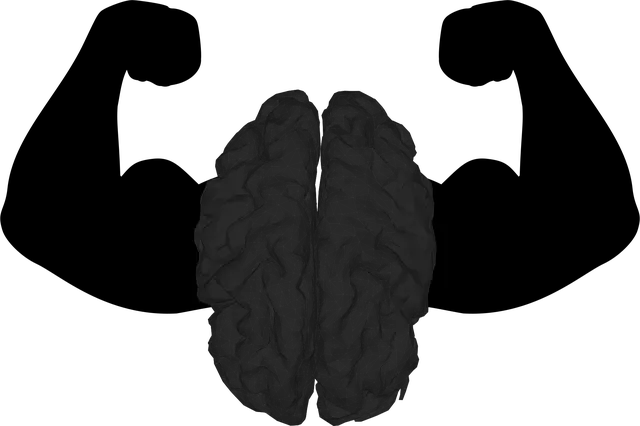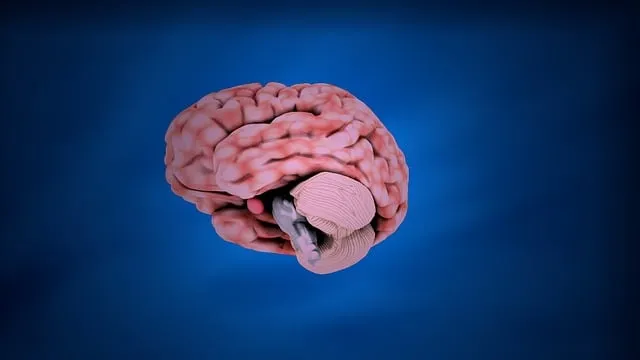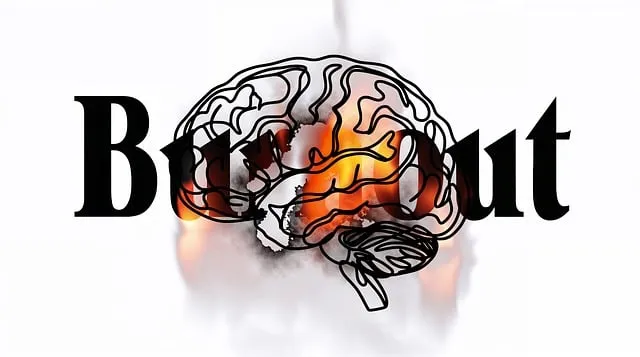Mental illness stigma impedes access to care, leading to severe consequences. Kaiser Permanente Lone Tree tackles this through services like therapy, workshops, and outreach programs, integrating practices like Mindfulness Meditation to support holistic well-being. Community initiatives empower residents with education, resilience-building, and open dialogues, reducing stigma and improving mental health outcomes. Celebrating recovery stories further normalizes conversations and fosters empathy within communities, with ongoing advancements in public school mental wellness support.
Mental illness stigma remains a significant barrier to effective mental healthcare, often leading to delayed or avoided treatment. This article explores targeted efforts to reduce this societal burden, highlighting key initiatives from organizations like Kaiser Permanente and community outreach programs in Lone Tree. We delve into strategies such as public education in schools, support groups, and events that foster understanding and encourage open conversations about mental wellness, ultimately aiming to destigmatize mental health issues.
- Understanding Stigma's Impact on Mental Health Care
- Kaiser Permanente's Role in Reducing Stigma
- Lone Tree Community Outreach Programs
- Educating Public Schools on Mental Wellness
- Celebrating Recovery: Support Groups and Events
Understanding Stigma's Impact on Mental Health Care

Stigma surrounding mental illness significantly impedes access to quality mental health care, as it fosters an environment of fear and shame. Individuals struggling with their mental health may avoid seeking help due to concerns about judgment, discrimination, or social isolation. This can lead to prolonged suffering, exacerbation of symptoms, and even suicide attempts. The impact is particularly pronounced in communities where resources for mental health support are limited, such as the Kaiser Permanente mental health services in Lone Tree.
Understanding stigma’s role in mental health care is crucial for developing effective strategies like resilience-building programs and risk management planning for mental health professionals. By fostering a culture of acceptance and empathy, these efforts can improve self-esteem and encourage individuals to prioritize their mental well-being. Moreover, they play a vital role in breaking down barriers, ensuring that everyone has the opportunity to receive the care they need without feeling stigmatized.
Kaiser Permanente's Role in Reducing Stigma

Kaiser Permanente, a leading healthcare organization, plays a pivotal role in reducing the stigma surrounding mental health issues, particularly in its Lone Tree community. Through various initiatives and programs, they aim to foster an environment that promotes open conversations about mental wellness. One such approach is by offering comprehensive mental health services, ensuring accessibility and affordability for all members. This includes specialized therapy options, support groups, and educational workshops designed to demystify mental illness.
Their commitment extends to empowering individuals with tools like Mindfulness Meditation and Confidence Boosting sessions, encouraging emotional regulation techniques, and providing resources tailored to different life stages. By integrating these practices into their wellness programs, Kaiser Permanente not only addresses the symptoms of mental health disorders but also educates and supports individuals in managing their overall well-being. This holistic approach contributes significantly to breaking down societal barriers and fostering a more accepting atmosphere for those seeking help for their mental health.
Lone Tree Community Outreach Programs

Lone Tree Community Outreach Programs play a pivotal role in reducing the stigma surrounding mental illness by fostering open dialogues and promoting understanding within the local community. Organizations like Kaiser Permanente Mental Health, a leading healthcare provider, partner with local initiatives to offer valuable resources and support. These programs often include workshops focused on building resilience, providing anxiety relief techniques, and offering trauma support services tailored to the unique needs of the Lone Tree community.
Through these efforts, residents gain insights into mental health, learn coping strategies, and develop a supportive network that encourages open conversations. By addressing misconceptions head-on and offering accessible care, such initiatives foster an environment where individuals feel empowered to seek help without fear of judgment, ultimately contributing to improved overall well-being for all members of the community.
Educating Public Schools on Mental Wellness

In recent years, there has been a growing recognition of the need to integrate mental wellness education into public schools, thanks in part to initiatives like Kaiser Permanente’s Lone Tree Community Outreach Program. This program aims to demystify mental health issues and reduce stigma by providing comprehensive resources and training for students and educators alike. Through interactive workshops and engaging curriculum, schools are equipped with effective communication strategies to foster open dialogues about mental wellness. By integrating these programs, schools not only create a safer environment but also empower students to recognize signs of distress in themselves and others, leading to early intervention and improved outcomes.
The implementation of such outreach programs involves careful risk management planning for mental health professionals, ensuring that support is provided in a manner that is sensitive and beneficial to all involved. This holistic approach leverages the power of community engagement to normalize conversations about mental health, reflecting a broader societal shift towards greater understanding and empathy. As these initiatives gain traction, we can anticipate further advancements in how communities, especially public schools, address and support students’ mental wellness needs.
Celebrating Recovery: Support Groups and Events

In the fight against mental illness stigma, celebrating recovery stories is a powerful tool. Support groups and events organized by institutions like Kaiser Permanente mental health Lone Tree play a pivotal role in fostering understanding and empathy within communities. These gatherings create safe spaces where individuals who have overcome various mental health challenges can share their journeys, offering hope and inspiration to others. By attending or participating in such initiatives, folks gain firsthand insights into the resilience of the human spirit and the effectiveness of strategies like Mind Over Matter principles.
Furthermore, these platforms serve as ideal avenues for promoting Trauma Support Services and empathy-building strategies. They encourage open dialogues that challenge stereotypes and misconceptions surrounding mental health, fostering an inclusive atmosphere where everyone can learn from each other’s experiences. Through these celebrations of recovery, communities are empowered to embrace diversity in mental health journeys and support one another with compassion.
Stigma reduction is a multifaceted approach, as demonstrated by initiatives from Kaiser Permanente, community outreach programs in Lone Tree, and educational efforts in public schools. By fostering understanding and empathy, these strategies create a more supportive environment for individuals facing mental health challenges. As we continue to advance, it’s imperative that we build upon these successful models to ultimately improve access to quality mental healthcare for all.






